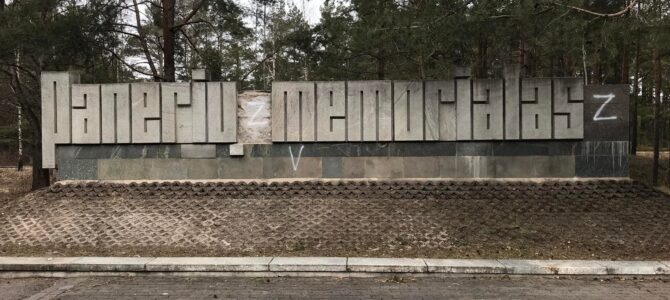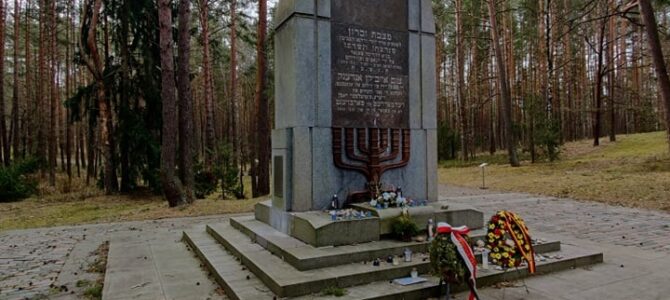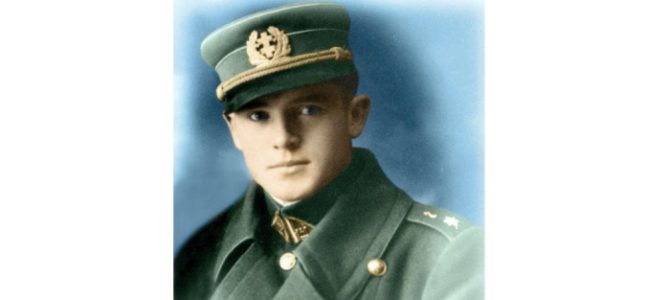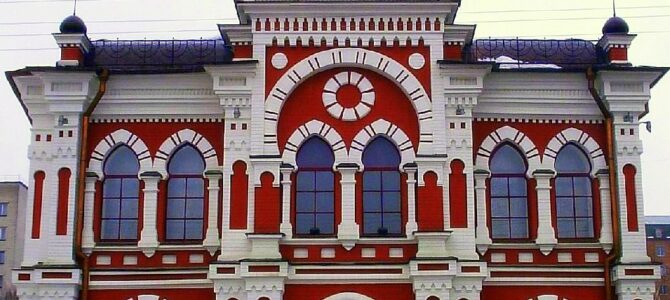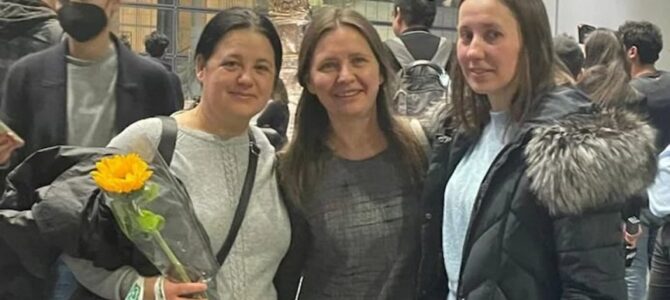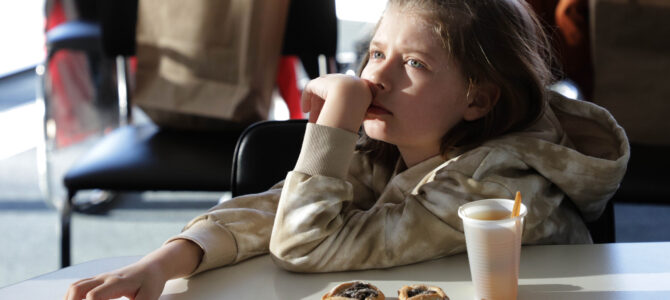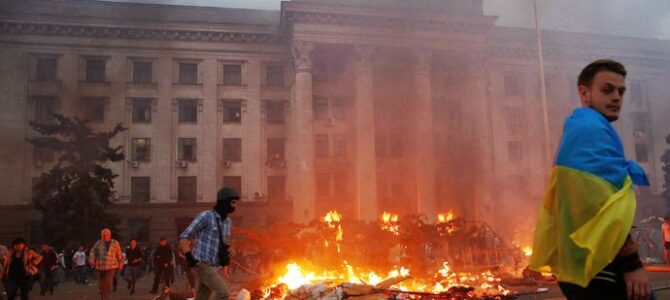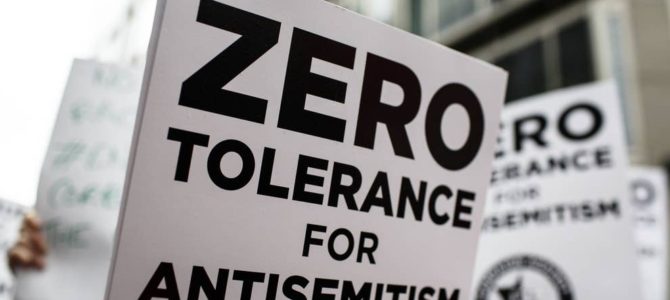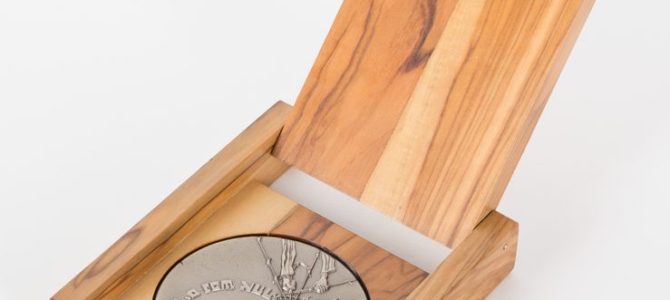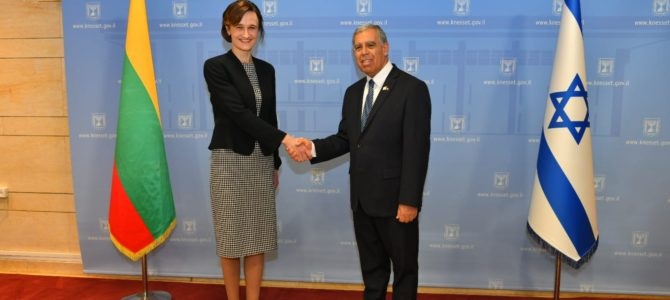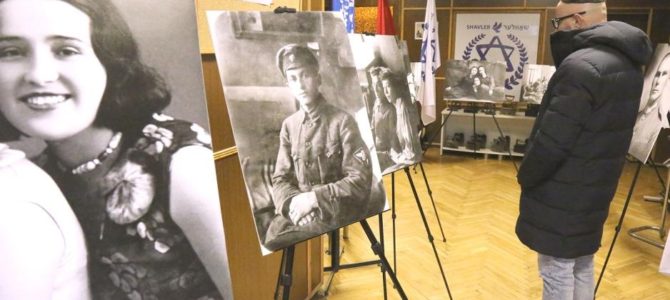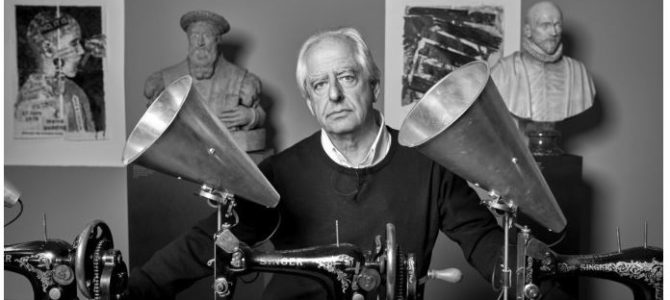The Lithuanian Jewish Community is upset by continuing attacks at the Ponar Memorial Complex mass murder site. We do not understand the apathy demonstrated by the institutions responsible and have written Lithuanian prime minister Ingrida Šimonytė and interior minister Agnė Bilotaitė demanding rapid action to stop these repeated attacks and to bring the perpetrators to justice.
Lithuanian Jewish Community chairwoman Faina Kukliansky said:
“The continuing attacks at the Ponar mass murder site transgress all bounds. This is a holy site for the entire Lithuanian Jewish community and the Lithuanian state. We all understand what is signified by the letter Z which was written on the memorial commemorating Holocaust victims.
“State institutions can no longer pretend this is not Lithuania’s responsibility because, despite the nice words, nothing is happening. The representatives of the state likely think it’s sufficient to attend a commemoration once per year at Ponar and the rest of the year the memorial complex can swim in garbage, and host drinking parties. Although the Lithuanian state took the memorial complex under its protection back in 1991, it apparently sees no need up to the present time to actually maintain it. The infrastructure there is lacking and security there is best illustrated by the events of recent days. Is it so difficult to set up even a minimal security system there, even just video cameras? Is the state saving money this way? What sort of signal does this send about the state’s attitude towards the Holocaust in Lithuania and the tragedy of the Jews of Lithuania? We will not stay silent and look on passively as swastikas and the letter Z are drawn at sites which are sacred to us. We will not stay silent because we know what kind of signal this is sending to us as a community. The entire Lithuanian Jewish Community is disgusted, insulted and hurt, and we will not allow this to go on.”


